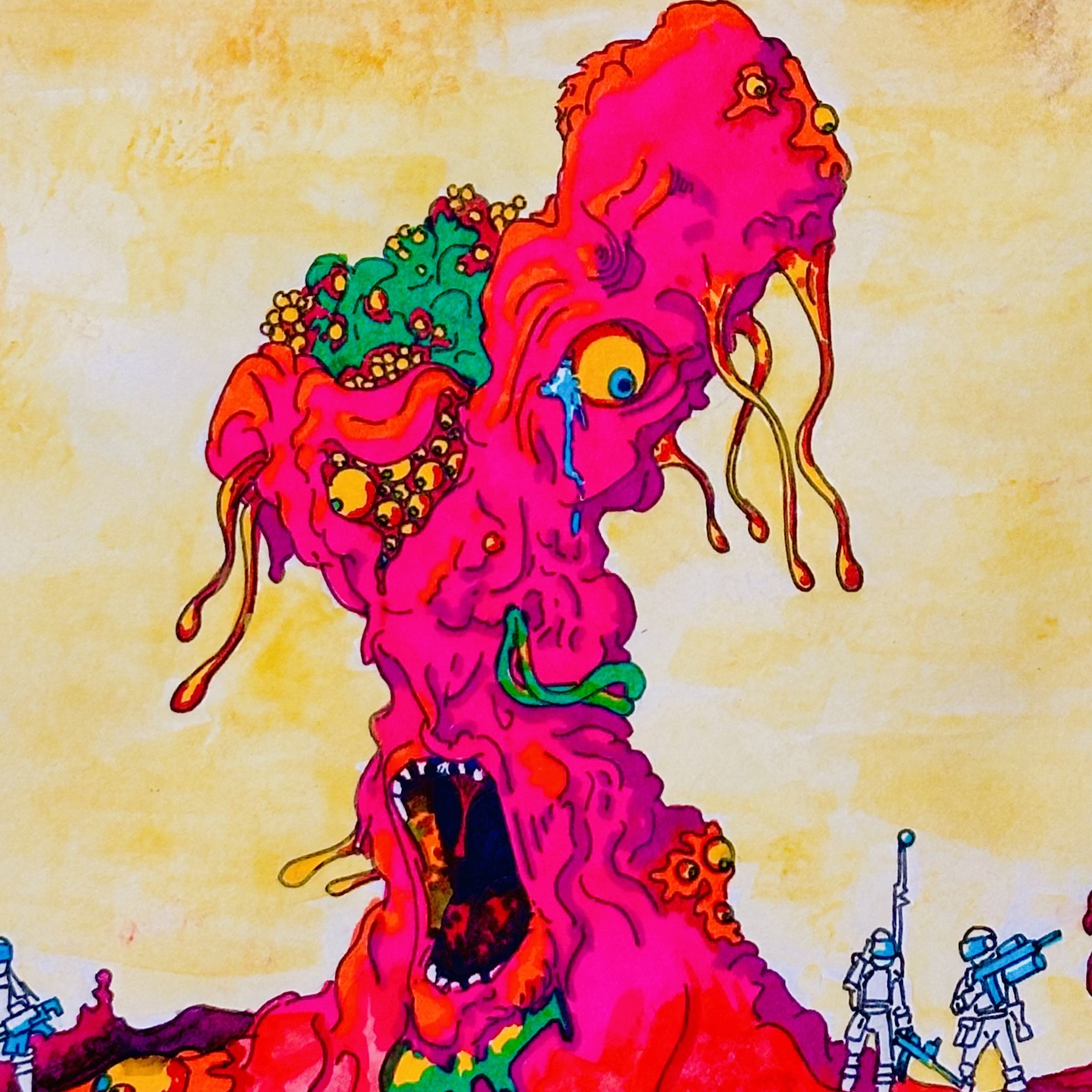When I played GURPS we had a guy in our group with OCD (officially diagnosed). He had most of the rules memorized and he knew right where to look up the rest. It was very convenient for us. The one catch was that he had to keep a log of everything that took place in the game so he asked us not to do anything without him present. It wasn’t a big deal since he had perfect attendance.
the only downside is he now knows everything about your group, and could turn into a supervillian
Is that a downside? It kinda spices things up, tbh.
How many existing game system families are there? E.g. grouping broadly similar systems… I’m pretty new, but the ones I see are maybe:
- D&D-like (stats and crunch)
- PbtA (more narrative driven)
- Fate style? Attribute driven?
- Card-prompts (For the Queen, The Quiet Year)
Might be grouping them wrong, I haven’t played all of them…
I think those categories are so broad that they disguise how many systems exist.
I don’t think I’d for example call DND extremely crunchy when systems like GURPS exist. And GURPS also has derived systems like Traveller.
Then you’ve got the various Gamma World editions that vary from “basically just reskinned DND” to “I took a bunch of ketamine while watching math tutorials”.
You’ve got insane systems like FATAL, where even wholly putting aside the gross content, the actual system is actually insane in how it insists on statting basically everything. EVERYTHING. So it takes like ten hours to create a character.
More playable you’ve got games like Inquisitor which are almost more skirmish wargamey in rules and require the players to push the RPG elements themselves. Yet at the same time the homebrew Inquisitor community has popularized “Inquisimunda” rules to make the game even more wargame like. Is that more or less crunchy? Kinda both I guess.
You’ve got sibling systems like Call Of Cthulhu and Pulp Cthulhu which people sometimes interchange depending on the session or they mix-n-match to make some kind of hybrid homebrew creation.




